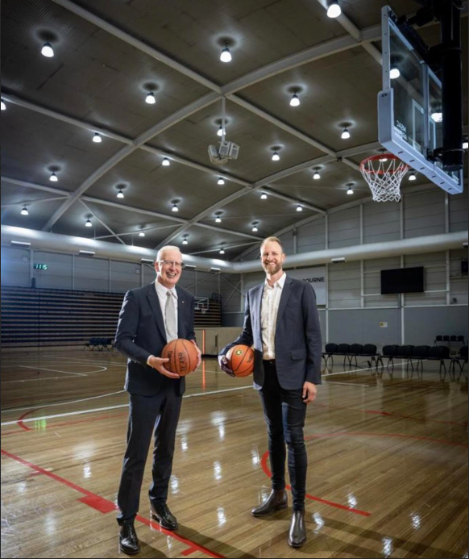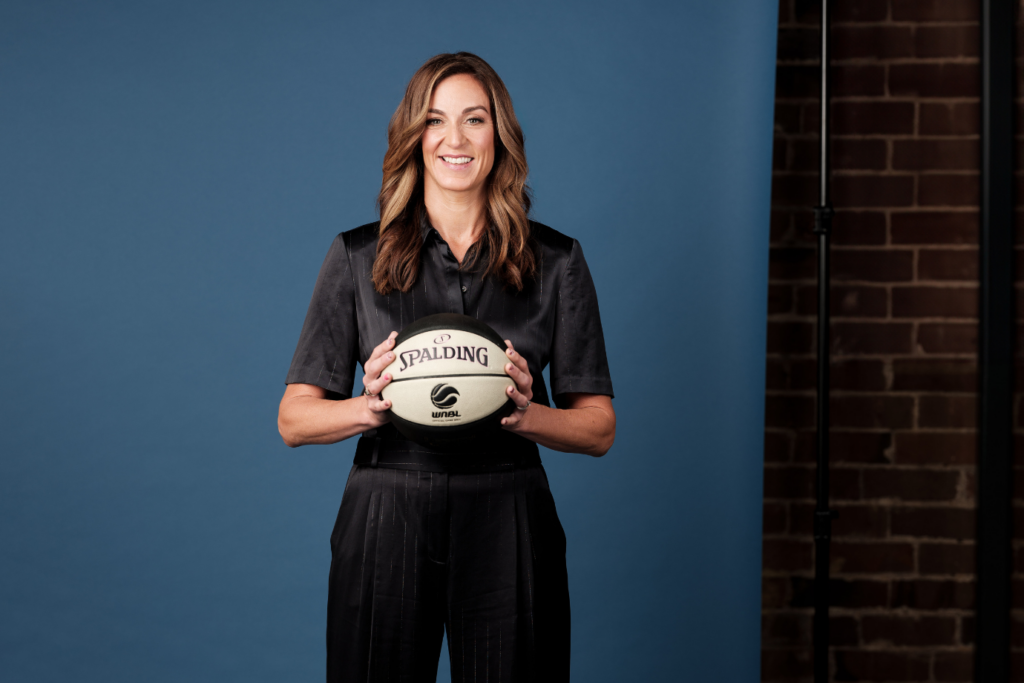Players in the Women’s National Basketball League (WNBL) will see a 104 per cent increase in minimum wages by the 2028/29 season as part of a landmark four-year Collective Bargaining Agreement.
The announcement of this significant step forward in women’s basketball comes from the WNBL and the Australian Basketball Players’ Association.
“This is more than a pay deal – it’s a declaration of intent,” said WNBL CEO Jennie Sager.
“It’s creating an environment where players can thrive on and off the court. With this agreement, we are not only delivering pay parity, but we are investing and supporting the wellbeing and careers of our athletes.”
“This is the kind of change that retains talent in Australia and signals to every young girl picking up a basketball that there is a future here,” Sager said.

The provisions in the new CBA are aimed at ensuring players have the security and support needed to focus on professional growth.
Under the new agreement, minimum wages for the league will reach over $46,900 (up from $23,000), with the deal establishing pro-rata minimum wage parity with the National Basketball League (NBL) from year three of the term.
The league’s salary cap floor will also rise, with the WNBL and ABPA committing to an annual increase of eight per cent. This culminates in a cap of over $723,500 by the end of the term.
Speaking to the CBA’s ability to inspire growth, former WNBL player and Olympian Lauren Jackson said they’ve been working towards this historic moment for years.
“The new CBA allows the league to take the steps it needs to give our current players security to push and chase their dreams while inspiring young athletes to choose basketball as their sport,” said Jackson.
“A key feature of the CBA is its investment and dedicated funding for the ABPA’s Wellbeing and Engagement Services. Starting at $52,000 and growing to $136,000 over the agreement term, this initiative will provide players access to mental health support, career development, and personal wellbeing programs.”
Looking towards the future as well, Jackson said that new clubs entering the WNBL will contribute to these services, which will strengthen the league’s support framework.
Players Association CEO, Jacob Holmes, and Chairman Greg O’Neill have been working on this deal with their members for over two years, and Holmes described it as “the biggest single equity leap forward in WNBL history”.
“WNBL players are now going to be invested in at a level that truly reflects their talent and dedication,” Holmes said.
“As the 2025/26 season approaches, this agreement sets the tone for a thrilling new era of opportunity, professionalism, and pride in the longest-running elite women’s sporting competition in the country.”

WNBL player Anneli May remembers her first season in the league when she didn’t receive any pay and there were minimal people at the games. Now, however, she says, “flash back to even last year we were selling out stadiums and then the grand final series last year we were still selling out stadiums.”
“I just think that we have such an opportunity to capitalise off of the way the world is changing and everyone wants women sports. To be a part of that and that change in history is really cool,” says May.
“We now have role models for people in this professional field making a living, making a name, making a legacy and there’s no ‘but you need to have a backup plan’ it’s ‘hey – this could be you.’”
Echoing this sentiment, fellow WNBL player Jade Melbourne says people are finally starting to recognise the potential of Australian women’s basketball.
“It’s a very exciting time for the WNBL. It’s been Australia’s best kept secret in women’s sport, we’ve had the talent for so long we just haven’t had the advertisement around it or bums on seats ,” said Melbourne.
“There’s so much hype around it and so much excitement. People want to get around it. And to be in a league that’s only going to grow and only going to get better is something I want to be around and a lot of these girls want to be around, we just can’t wait.”


